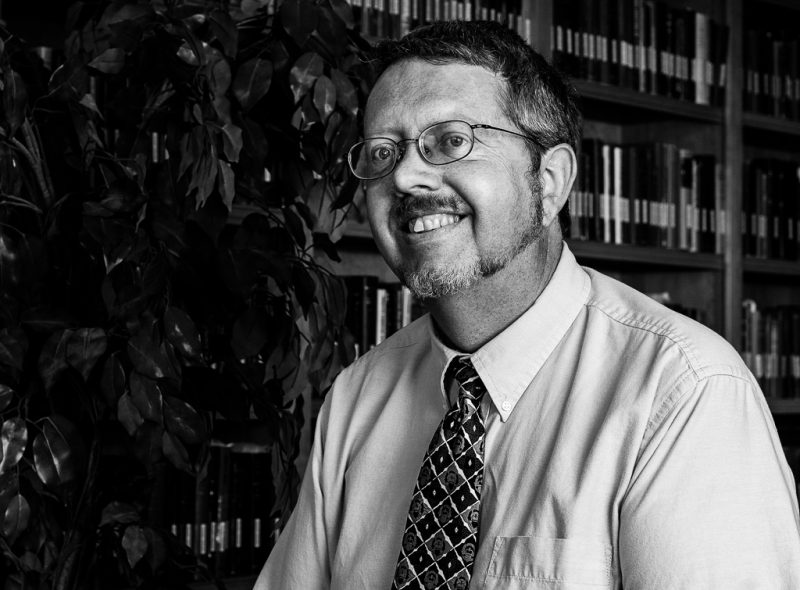by Craig L. Blomberg When I was a college student, I attended several time-management seminars. Invariably, someone would start off with the solemn declaration, “We all have twenty-four hours in a day. The only difference is how we choose to use...
A frequent question we face is ‘How do we get done all that we want to do?’ It’s a very important question, but if we think about this way, it’s the wrong question. A better question is ‘How do I do all that God has...
“There is a danger of doing too much as well as of doing too little. Life is not for work, but work for life, and when it is carried to the extent of undermining life or unduly absorbing it, work is not praiseworthy but blameworthy.”...
I wonder if you have a growing list of things you are going to do ‘when you get time.’ For most people there seems to be at least a few things that are on a project list that are waiting for the right time or resources to be implemented...
Anytime I think about how to make the most of my time, I am reminded of an episode of the popular television show The Simpsons. In the episode one of the main characters, Homer, has a near-death experience. He is told that he has been poisoned and...
May I confess something before we get started? I assume this is a safe place. I am terrible at time management. There, I said it. I am not an expert at it in the slightest. This is borderline embarrassing, but I was given the ‘ok,’ to...

